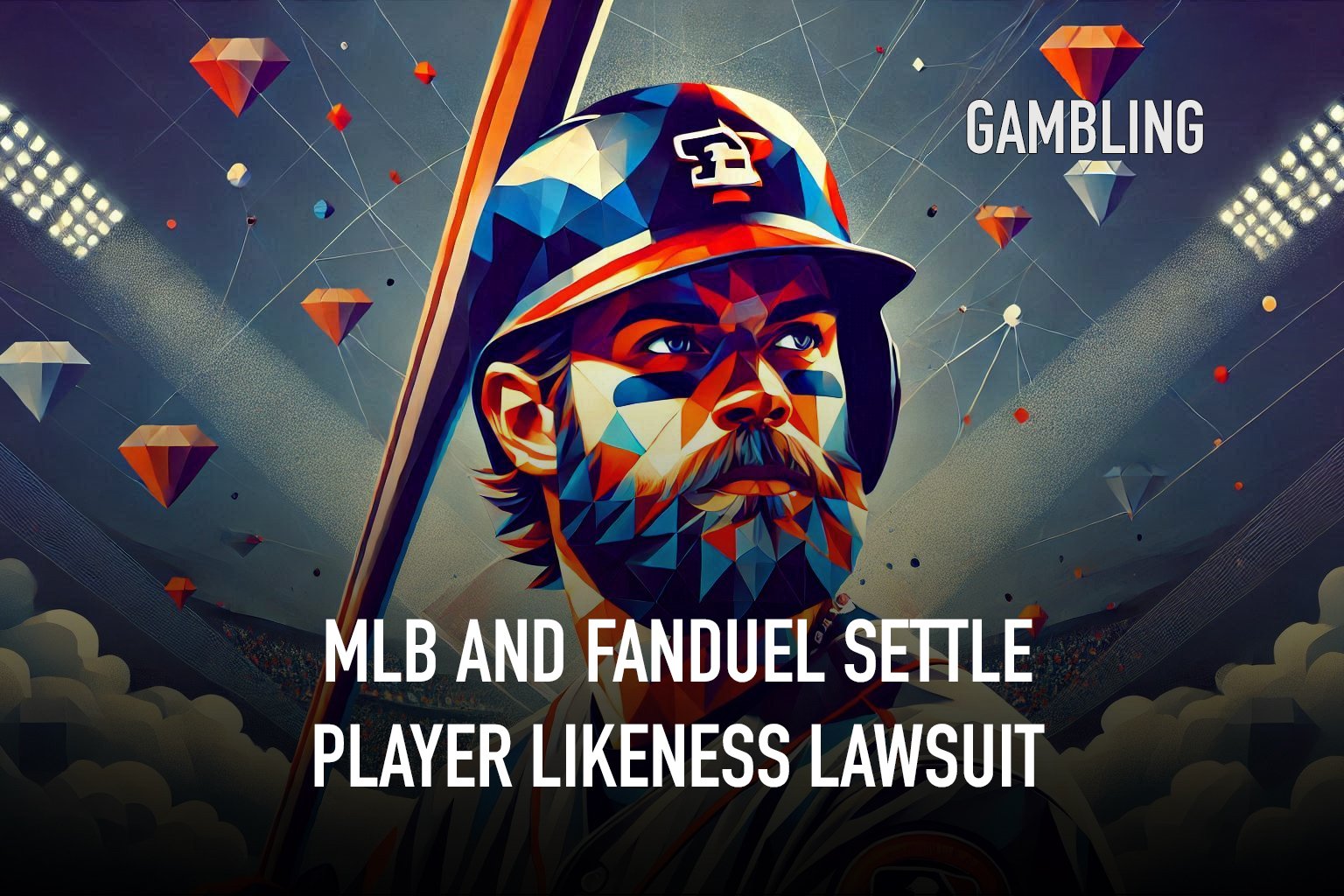MLB AND FANDUEL SETTLE PLAYER LIKENESS LAWSUIT

On Nov. 15, Major League Baseball’s players union reached a settlement in a lawsuit against sports betting giant FanDuel (FLTRF.L), which was accused of using the names and likenesses of hundreds of MLB players on its platform without authorization.
The lawsuit, filed in September, claimed FanDuel “flagrantly” violated the rights of nearly every active MLB player by utilizing their names, images, and likenesses without proper licensing. According to a New York federal court filing, the players have now agreed to dismiss the claims with prejudice, preventing them from being refiled. As part of the settlement, FanDuel and the union entered into a confidential licensing agreement.
“For professional athletes, the ability to control the commercial use of their names, images, and likenesses is a crucial return on their substantial career investment,” the players stated in court documents.
Neither the union nor FanDuel has disclosed further details about the agreement, and representatives from the players union did not immediately respond to requests for comment.
This case is not isolated. The National Football League’s players union has also taken legal action, filing a lawsuit in August against DraftKings over alleged misuse of NFL player likenesses in non-fungible tokens (NFTs). Additionally, data provision companies such as Sportradar have faced similar accusations for allegedly using player likenesses without consent.
The broader implications of these legal battles highlight a pressing issue: athletes, like any public figures, deserve a fair share of the billions of dollars generated by the sports betting industry. Whether on digital platforms, betting apps, or NFTs, the commercialization of athletes’ images without their consent is a growing concern, as it undermines their right to control and profit from their personal brand.
